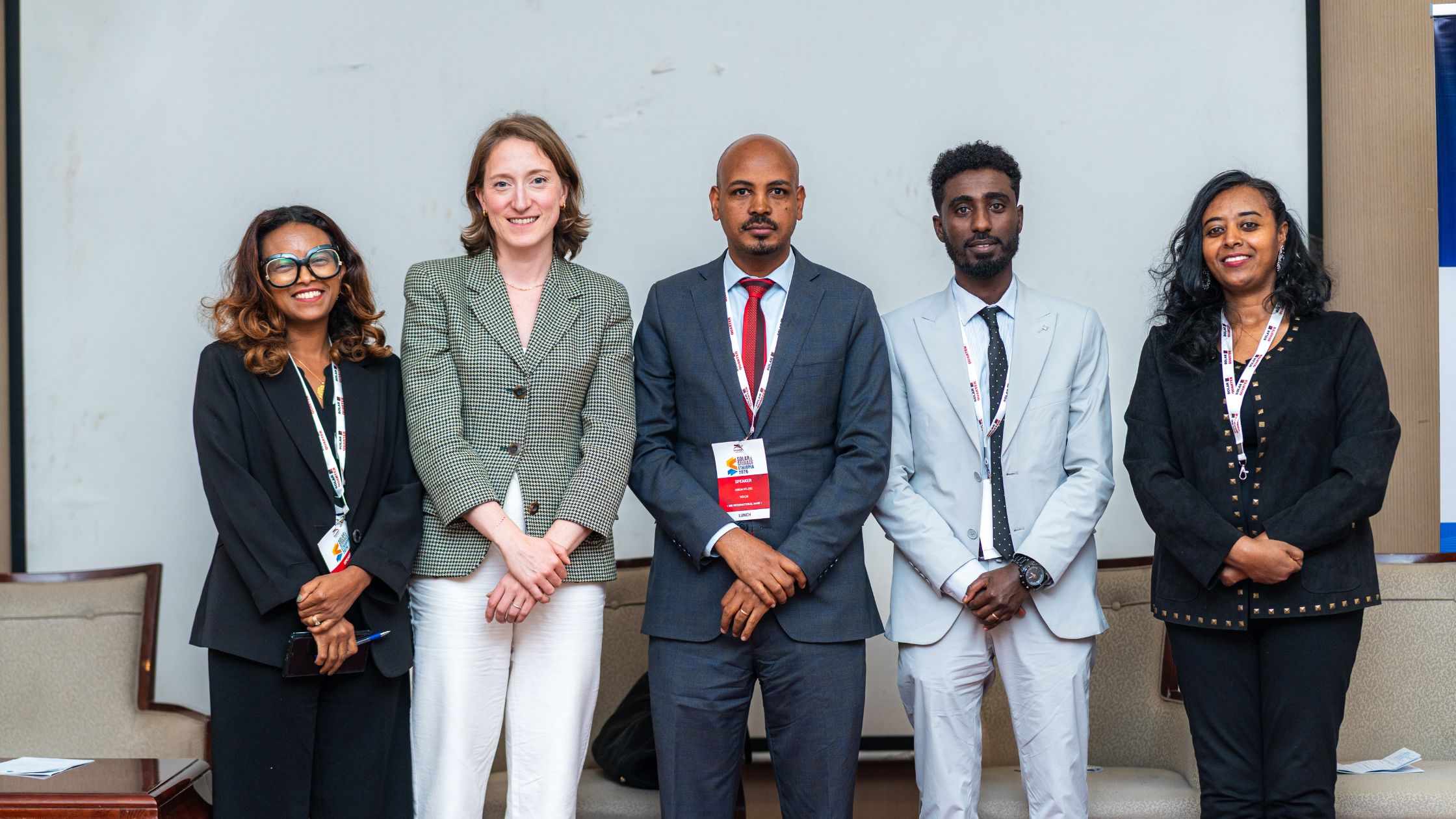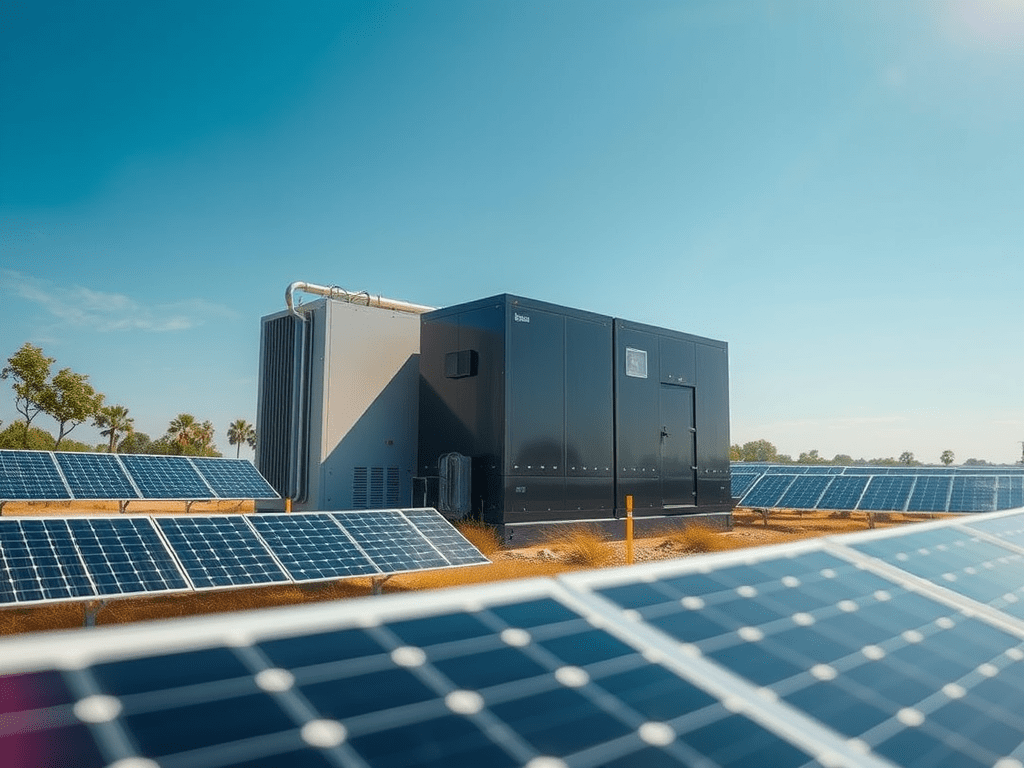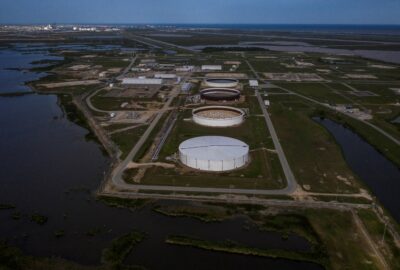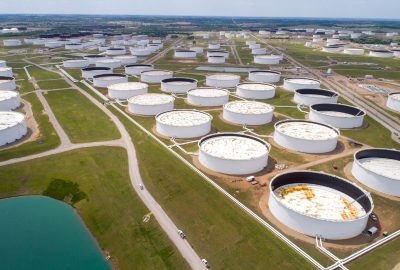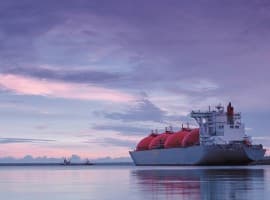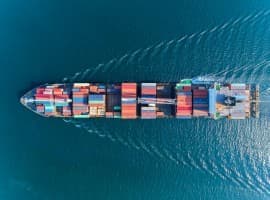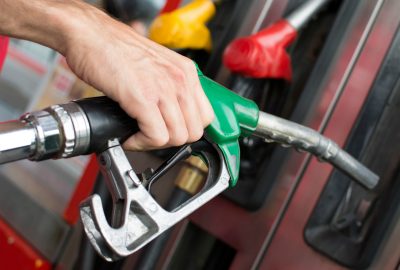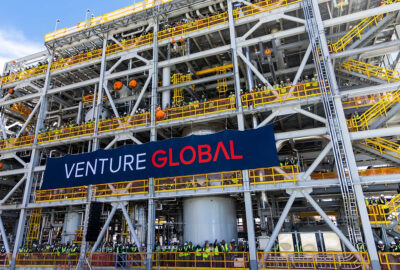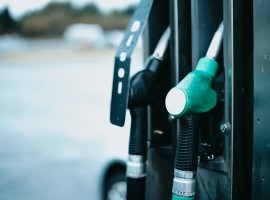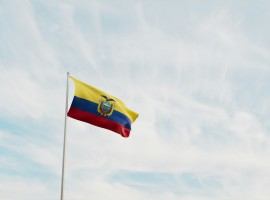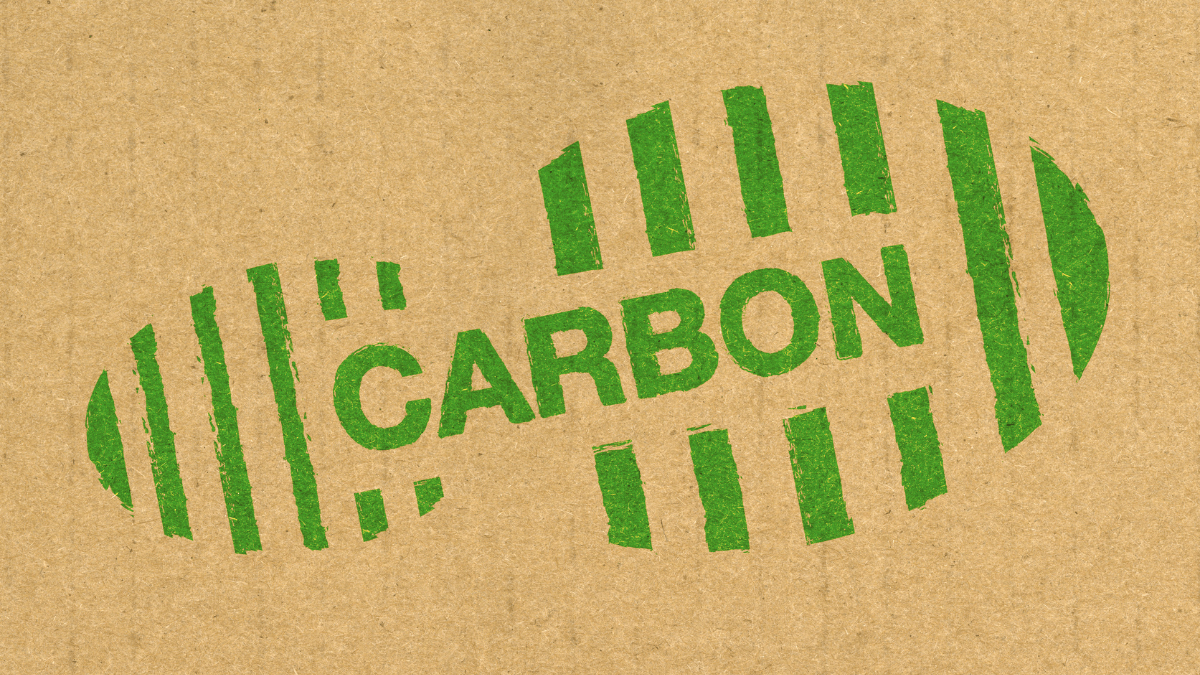
Dubai Electricity and Water Authority (DEWA) has announced a major milestone in its sustainability journey, achieving a 43.61% improvement in electricity and water production efficiency in 2024 compared to 2006. This advancement has led to a cumulative reduction of 104 million tonnes of carbon dioxide (CO₂) emissions over the 18-year period—equivalent to planting 527 million trees, according to HE Saeed Mohammed Al Tayer, MD & CEO of DEWA.
The improved efficiency has also resulted in substantial financial savings and directly supports Dubai’s strategic climate goals. “We are aligned with the vision of His Highness Sheikh Mohammed bin Rashid Al Maktoum to make Dubai a global leader in climate action. Our efforts contribute to the UAE’s Net Zero 2050 Strategy and the Dubai Carbon Abatement Strategy, which aims to reduce carbon emissions by 50% by 2030,” Al Tayer said.
He highlighted that DEWA’s initiatives contribute to the Dubai Clean Energy Strategy 2050 and the Dubai Net Zero Carbon Emissions Strategy 2050, which aim to provide 100% of Dubai’s energy production capacity from clean energy sources by 2050. These efforts support global climate targets to limit global warming to below 1.5°C above pre-industrial levels.
Nasser Lootah, Executive Vice President of Generation (Power & Water) at DEWA, emphasized that innovation plays a key role in achieving these results. “We continuously enhance the efficiency of our production plants by integrating advanced technologies and regularly upgrading operational frameworks,” he said.
DEWA utilizes co-generation technology, where waste heat from gas turbines is recovered through steam generators to produce additional electricity and thermal energy for water desalination. The authority also operates hybrid water desalination systems that combine multi-stage flashing and seawater reverse osmosis technologies to maximize efficiency and minimize lifecycle costs.
In addition, DEWA partners with original equipment manufacturers (OEMs) to upgrade gas turbines, improving performance, efficiency, and reliability across its energy generation infrastructure.
These initiatives underline DEWA’s commitment to sustainable development and its leadership in integrating clean technology across utility operations.


